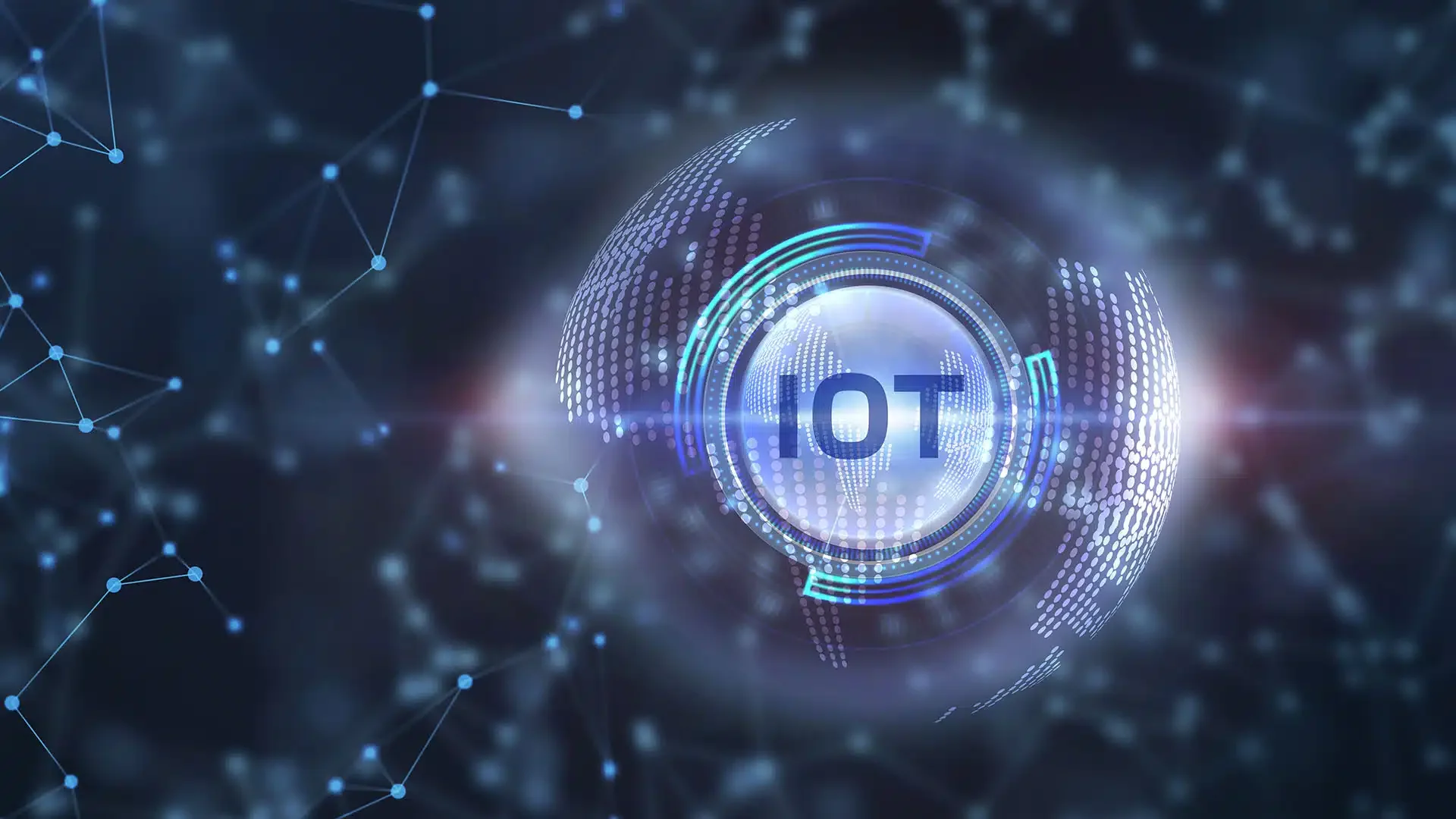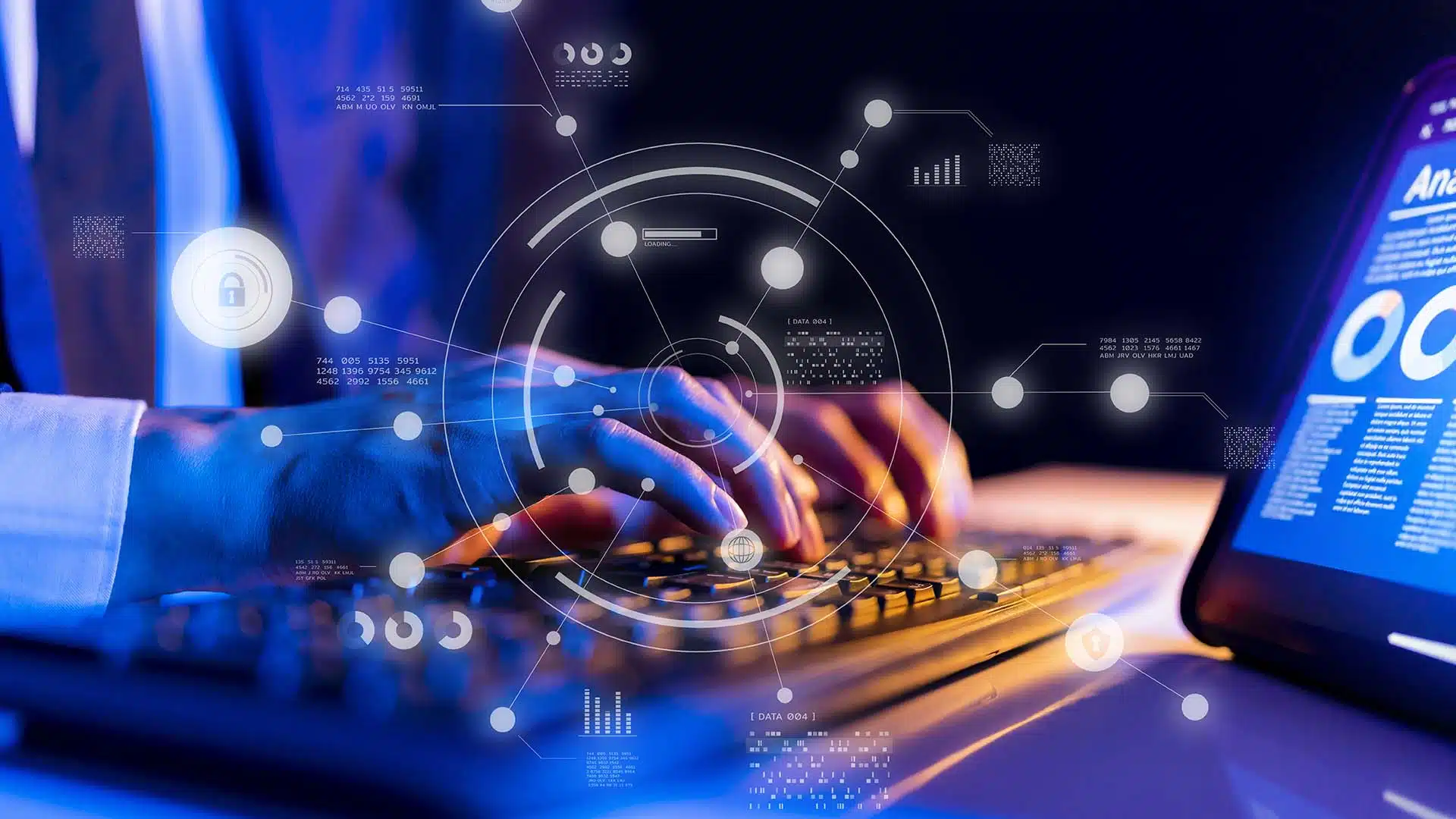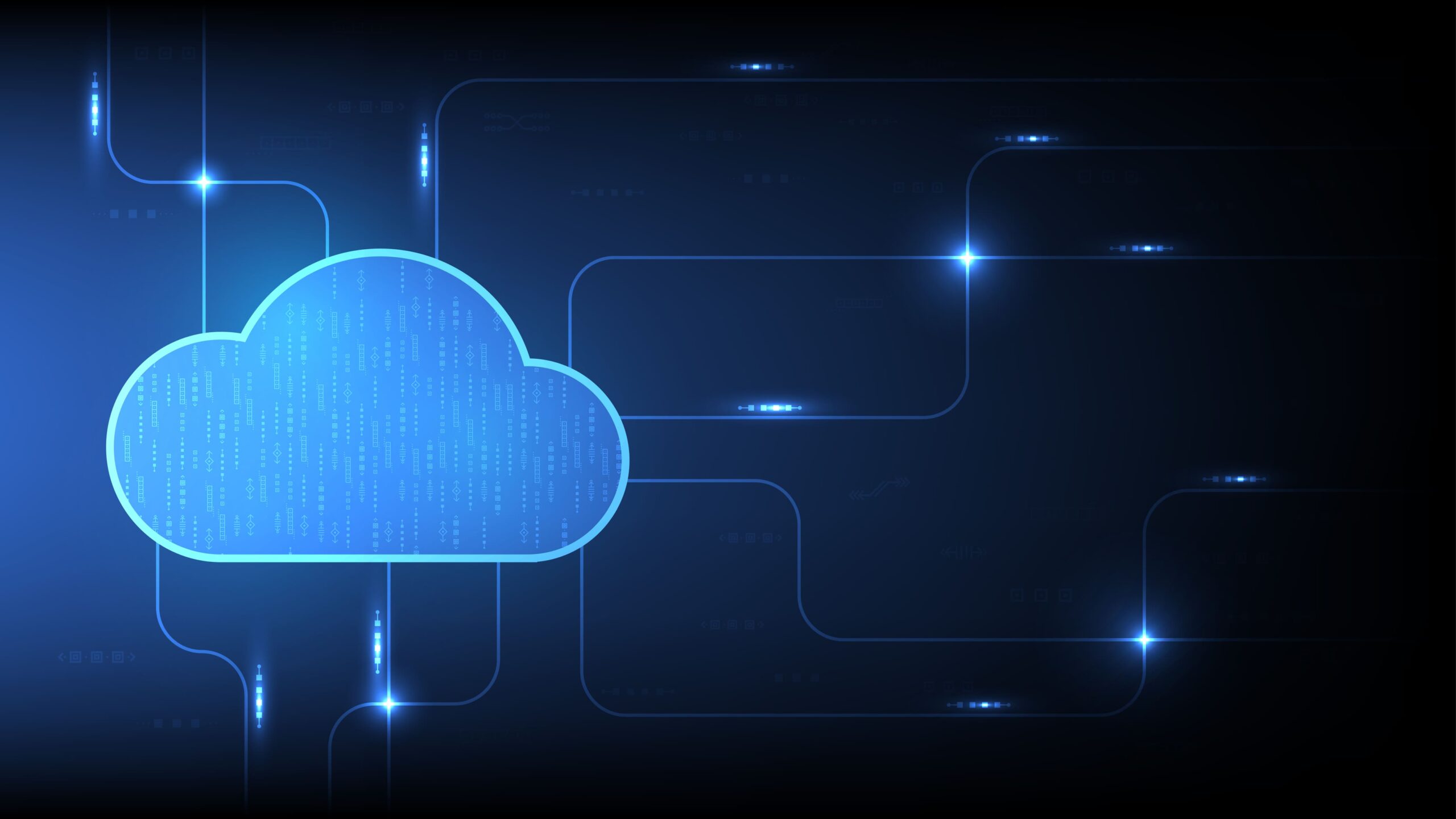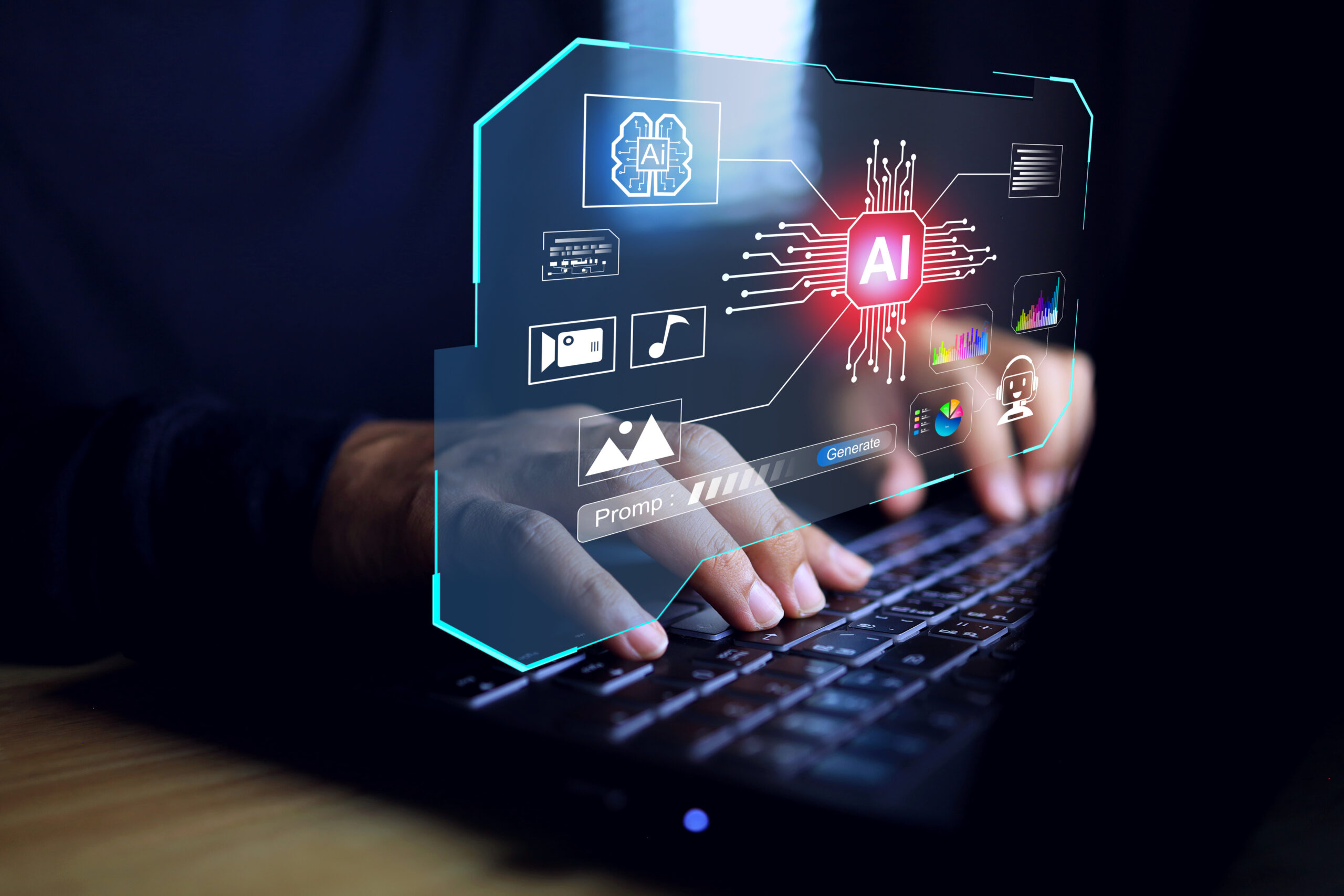The Role of IoT in Retail Industry – Make informed IoT Decisions

The retail industry is the true litmus test for any country’s economy, and it is the first to be affected during a crisis. The Internet of Things (IoT) is a collection of small sensory devices that are linked to the internet. These devices use embedded sensors to collect and exchange data in real-time. Retail business models are changing as companies use Machine Learning, automated inventory management, and e-commerce to streamline operations, increase sales, and provide customers with a more personalized shopping experience. IoT solutions play a pivotal role in this transformation because this enables retailers to harness real-time data and drive innovation across their operations.
Benefits of IoT in the Retail Industry
Improved Supply Chain Management
For a retailer, optimizing the supply chain is critical because it increases efficiency and saves critical business time. The Internet of Things (IoT) is an excellent and cost-effective way to optimize the supply chain. Embedded with technologies such as RFID and GPS, it provides visibility to retailers, allowing them to track the location of the product and monitor movement. The accuracy of projecting delivery time has also improved as a result of increased visibility. When IoT is used in supply chain management, retailers can choose vendors, delivery partners, and even delivery routes based on operating costs and safety. IoT technology, such as digital product tags and shelf sensors, monitors how much of each item is in stock. When inventory runs low, the system automatically orders more.
Predictive Equipment Management
Failure of equipment at any time, during shipping or storage, results in significant capital loss and can have a negative impact on business operations. When combined with IoT, retail equipment becomes more effective and lasts longer. Any deviation from the ideal, such as a temperature change or random vibrations, generates an alert and notifies the store. As a result, it will assist the retailer in making better decisions, and the equipment will be managed and used profitably for a longer period of time, saving unnecessary business expenses through the use of IoT.
Smart Shelves
Focusing on customer engagement is a critical component for increasing sales in a retail store; smart shelves are an innovative IoT technology that attracts customer attention. When a customer walks around a store with a list of items he needs to buy on his phone, the phone begins to vibrate when it reaches the shelf where the item is placed. Such personalised experiences with IoT solutions strengthen a company’s brand image and increase its popularity. Apart from improving the customer experience, smart shelves equipped with RFID tags and readers aid in the collection of customer purchases. The store manager can then use this information to manage inventory accordingly.
Automated Checkout Management
Customers frequently have to wait in long lines for payment and checkout after completing their purchase. Nobody likes to wait, and it can have a negative impact on the customer experience; automated checkouts can help with this. Customers using IoT-enabled automated checkouts only need to scan the product’s barcode without assistance, making the process quick and increasing customer satisfaction. Retailers can save money because automated checkout requires less assistance.
The Road Ahead for IoT in Retail
Most retailers today have taken an incremental approach to IoT adoption, using it to address specific problems, create targeted efficiencies, or improve the customer experience. A test-and-learn strategy can be an effective way for a company to become acquainted with IoT capabilities while keeping costs low. It can also lay the groundwork for future business expansion. Retailers should think big when it comes to IoT investments, considering innovative applications and the use of supporting technologies. That is why they must approach an IoT platform that provides scalable and comprehensive solutions for efficient integration.
IoT can be used in a variety of ways in the retail industry. IoT can help solve bottlenecks, reduce costs, and improve customer experiences in businesses ranging from ‘brick and mortar’ (B&M) to e-commerce. IoT applications in retail are numerous and diverse, whether it’s supply chain analytics or a more personalized shopping experience for customers, and it’s here to stay.






